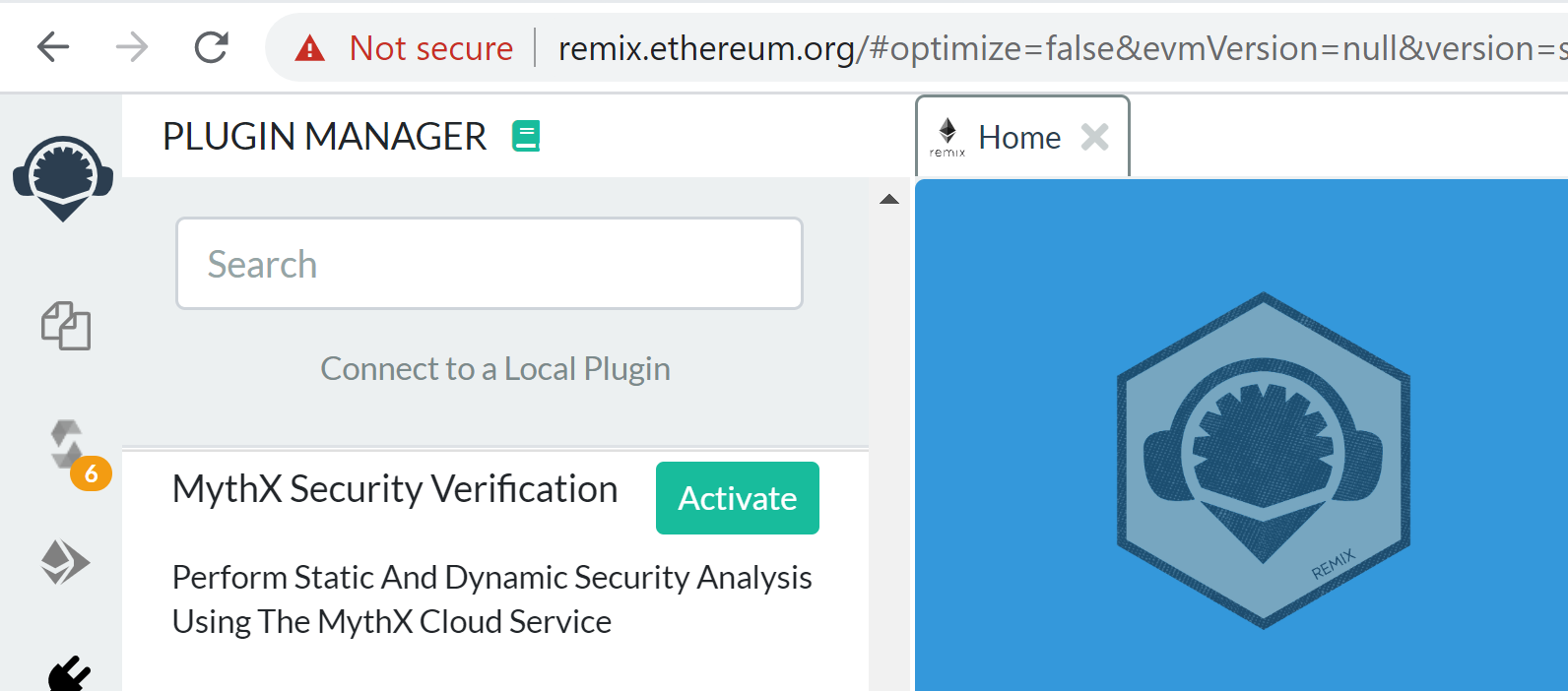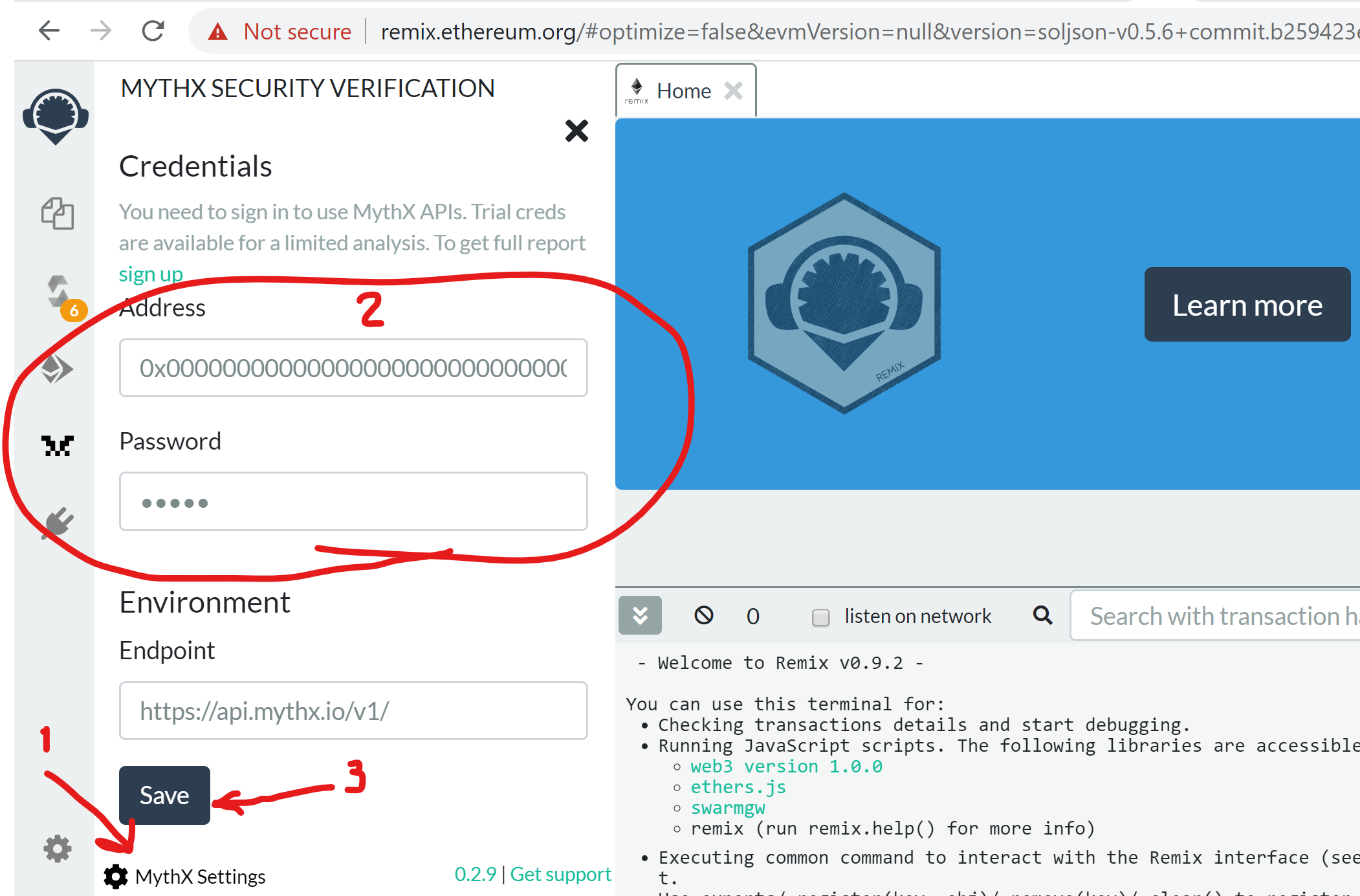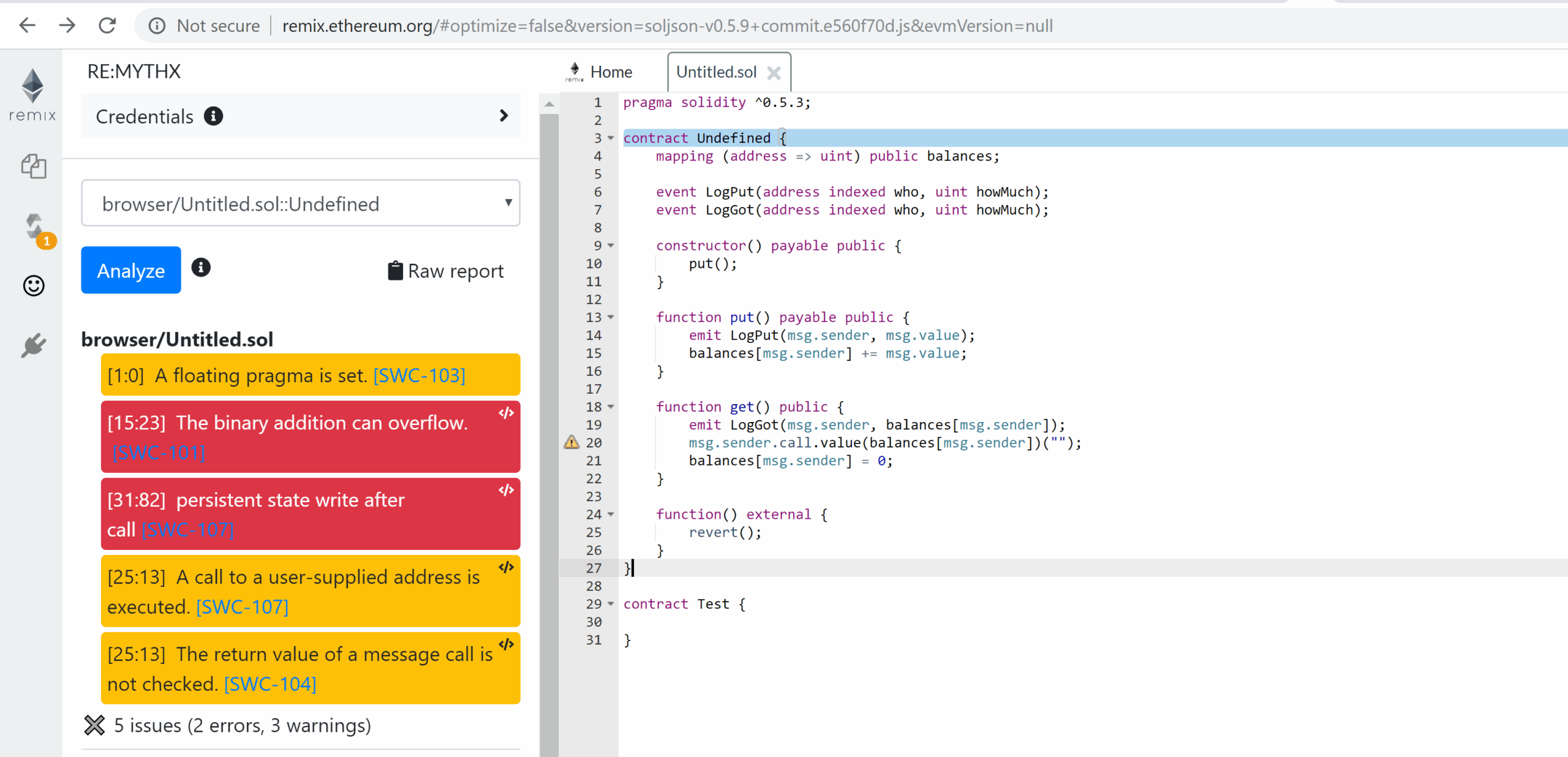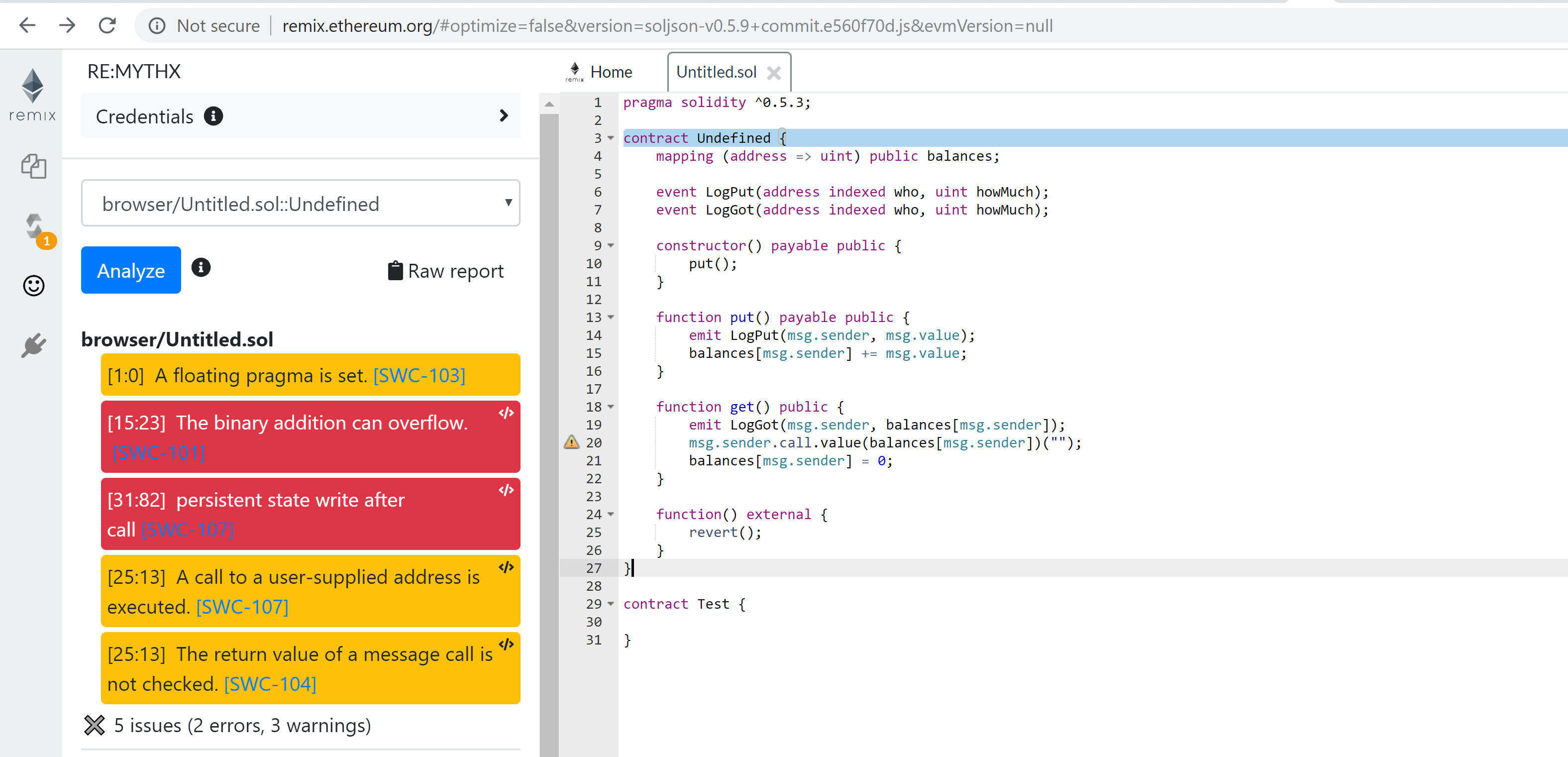A very simple ledger-parser for ledger-cli journal files. It probably does not parse everything and it is probably buggy. Handle with care!
Simply import this module either by putting the ledger-parse.py file into the folder of your python script, or into the pythons modules path (maybe something like /usr/lib/python2.7). Then just use import ledgerparse to import the module.
A good workflow for me is: generating a symbolic link to my python2.7 lib path so that I can import the module even if it’s not in the actual pythons script path, while using always the latest version of the script. You can make such a symbolic link by entering the ledger-parse folder and firing this command: sudo ln -s $PWD/ledgerparse.py /usr/lib/python2.7/ledgerparse.py.
Load a ledger formatted journal into a variable – get the content as a simple string. With this string you use the ledgerparse.string_to_ledger() function to generate a list of ledgerparse.ledger_transaction objects. Example:
ìmport ledgerparse
# get the content of the file into a variable
f = open('ledger.journal')
JOURNAL_STRING = f.read()
f.close()
# convert the string into a list with transaction-objects
JOURNAL = ledgerparse.string_to_ledger(JOURNAL_STRING)
Then you have all the transaction entries from the ledger journal in a list and can access them for example like this:
# print the first transaction - this will print a string
print JOURNAL[0]
# get the payee of the first transaction
print JOURNAL[0].payee
# print the accounts with their amount of the first transaction
for account in JOURNAL[0].accounts:
print account
These variables are accessable:
# the transaction
JOURNAL[0].date # a datetime object
JOURNAL[0].aux_date # a datetime object
JOURNAL[0].state # string, e.g. '!' or '*'
JOURNAL[0].code # string
JOURNAL[0].payee # string
JOURNAL[0].comments # list of strings
JOURNAL[0].accounts # list of ledgerparse.ledger_account objects
JOURNAL[0].original # original string of the transaction
# the account
JOUNRAL[0].accounts[0].name # string
JOUNRAL[0].accounts[0].commodity # string
JOUNRAL[0].accounts[0].amount # ledgerparse.Money object
JOUNRAL[0].accounts[0].comments # list of strings
Simple: teh native ledger module which comes with the ledger-cli programm gets all the ledger journal trasactions as postings. A posting can have the connected transaction payee etc. … but it does not really parse the transactions. I wanted a parser which is closer to the journal like you are probably write: a list of transactions.
IMPORTANT: This module is NOT for calculating like ledger is (at least not YET).
If you would like to sort a non-sorted ledger-journal, you could use this script like this:
import ledgerparse
f = open('ledger.journal')
JOURNAL_STRING = f.read()
f.close()
SORTED_JOURNAL_STRING = '\n\n'.join([x.get_original() for x in sorted(ledgerparse.string_to_ledger(JOURNAL_STRING), key=lambda y: y.date)])
f = open('ledger_sorted.journal', 'w')
f.write(SORTED_JOURNAL_STRING)
f.close()



















